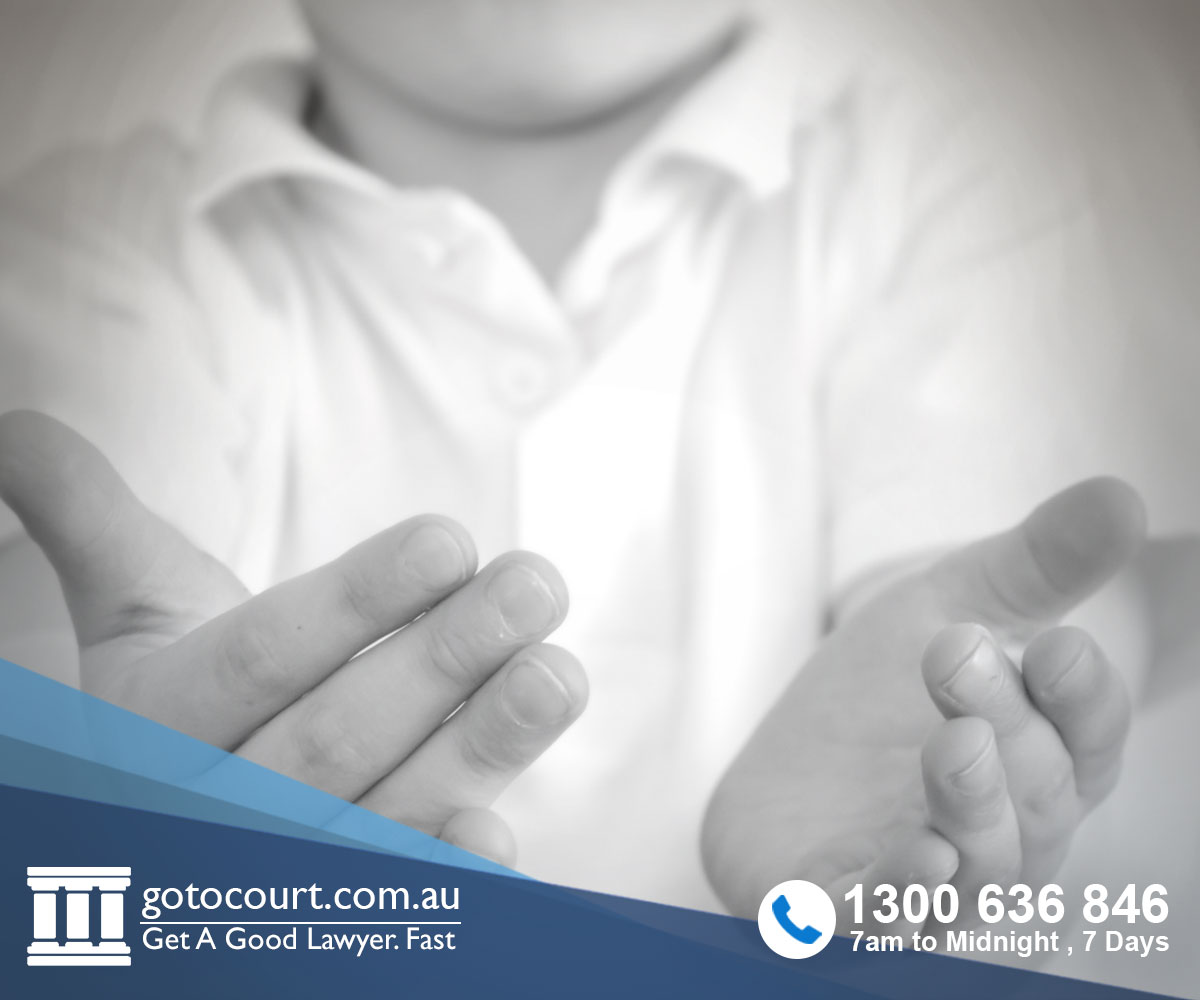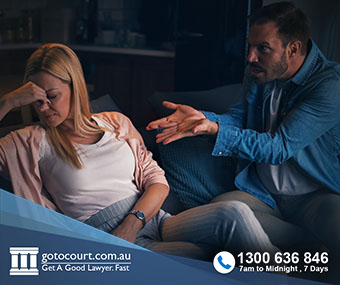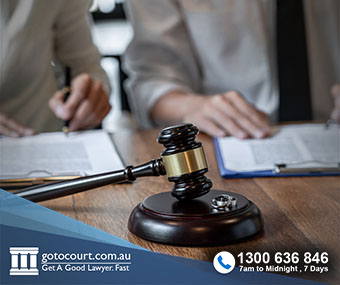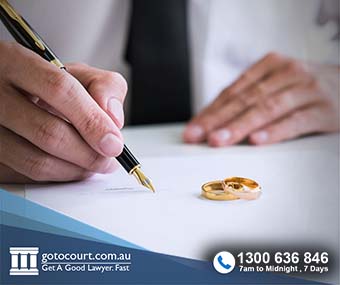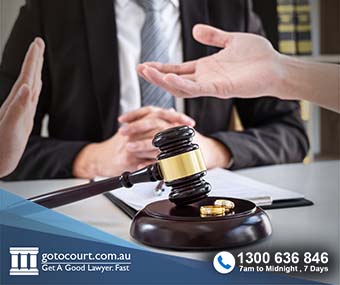Call our lawyers
now
or,
have our lawyers
call you
Property Settlement
Updated on Dec 30, 2022 • 5 min read • 640 views • Copy Link
Property Settlement
The law relating to property settlement after separation for both married people and those who were in a de facto relationship is set out in the Family Law Act 1975 (Cth) and the Family Court Act (WA). To be eligible, those in de facto relationships must meet certain criteria set out in the Act.
Application for an order for property settlement
An application for an order for property settlement or for spousal maintenance must be made within one year of the divorce, or within two years of separation for de facto partners, or you will need permission from the Court to apply.
Before you make an application to the Court you must provide each other with full financial disclosure and make reasonable attempts to resolve your matter. If you can’t, your application can be made to the Federal Circuit and Family Court of Australia (FCFCA).
Rights and obligations before you file your application
The application can be completed by you, or it can be prepared by your lawyer. If you choose to represent yourself, you should seek legal advice as to your rights and obligations before you file your application. If you can’t agree and need to apply to the court for a property settlement you must prepare and file the original and two copies of the following documents, together with the prescribed fee.
- An initiating application. This application sets out information about the parties and their relationship, the orders that you would like the court to make and the distribution of property settlement that is sought. It is important that what you ask for is reasonable, as it may be looked at later if the court is considering making a costs order against either party. As well as final property orders, you can also ask for interim orders regarding things such as obtaining valuations of assets, selling or protecting assets, the payment of joint expenses pending, the payment of spouse maintenance or an interim property settlement.
- A financial statement. This includes specific details about your income, expenses, assets (including superannuation) and liabilities.
- An affidavit. This provides information and the reasons why the court should make the orders that you are asking for. You need to make sure that all of the factors that the court will have regard to in deciding your application are addressed in this document.
- A Superannuation Information Request Form & Declaration. This form is filed if you are seeking a splitting/ flagging order or if further information is needed. You need to provide a valuation and evidence that procedural fairness has been provided to the superannuation trustee.
After filing your application for property settlement
After filing your application, your matter will be listed for a case assessment conference before a registrar who will try to help you to reach an agreement. The parties must exchange their financial documents at least 2 days before the conference with the each party under a duty of disclosure. If you are represented by a lawyer, they will be involved in the conference. If an agreement is reached, the registrar will make legally binding orders. If you cannot agree, the registrar will;
- Determine the main issues of disagreement and the facts of the case.
- Consider what information you each need to provide about the areas of disagreement and disputed facts.
- If appropriate, recommend other services that might help settle the dispute.
- Make orders for the filing and service of a Financial Questionnaire and the filing of a Balance Sheet.
After your case assessment conference, your matter may be listed for a conciliation conference, or it may be allocated a hearing date. At the conciliation conference a registrar will try again to help you to reach an agreement on the financial issues. You are expected to make a genuine effort to reach an agreement at the conciliation conference. You must make sure that you have complied with any orders made previously and that you have filed and served all necessary documentation prior to the conference. If an agreement is reached, legally binding orders will be made. If not, your matter will be listed for a trial, which may take up to one year before it can be heard by the court.
Preparation for trial
A judge manages the preparation for trial. There will be at least one procedural hearing where the judge will determine the issues in dispute and decide what evidence is needed to decide those issues (including any expert reports). A registrar may deal with some of the aspects of the preparation for the trial. The trial is the final hearing and is conducted before a judge in a courtroom. Evidence is given by way of the affidavits and cross-examination of witnesses on those affidavits. Generally trials won’t be adjourned unless there are exceptional or unforeseen circumstances. If the adjournment is granted the person who requested it may be ordered to pay the other person’s costs. Orders made by a judge at a trial are final and they are binding on both parties.
If you require legal advice or representation in any legal matter, please contact Go To Court Lawyers.

Affordable Lawyers
Our Go To Court Lawyers will assist you in all areas of law. We specialise in providing legal advice urgently – at the time when you need it most. If you need a lawyer right now, today, we can help you – no matter where you are in Australia.How It Works







1. You speak directly to a lawyer
When you call the Go To Court Legal Hotline, you will be connected directly to a lawyer, every time.


2. Get your legal situation assessed
We determine the best way forward in your legal matter, free of charge. If you want to go ahead and book a face-to-face appointment, we will connect you with a specialist in your local area.


3. We arrange everything as needed
If you want to go ahead and book a fact-to-face appointment, we will connect you with a specialist in your local area no matter where you are and even at very short notice.


